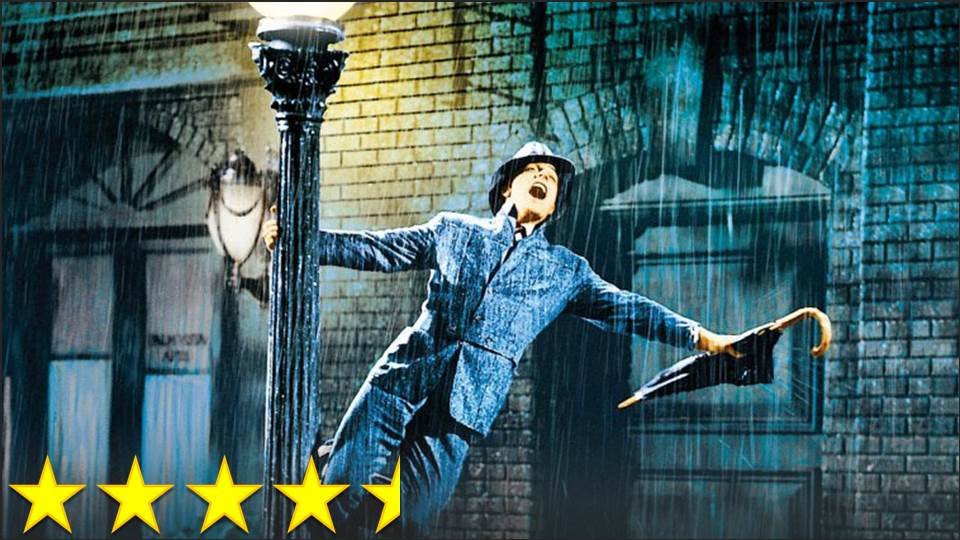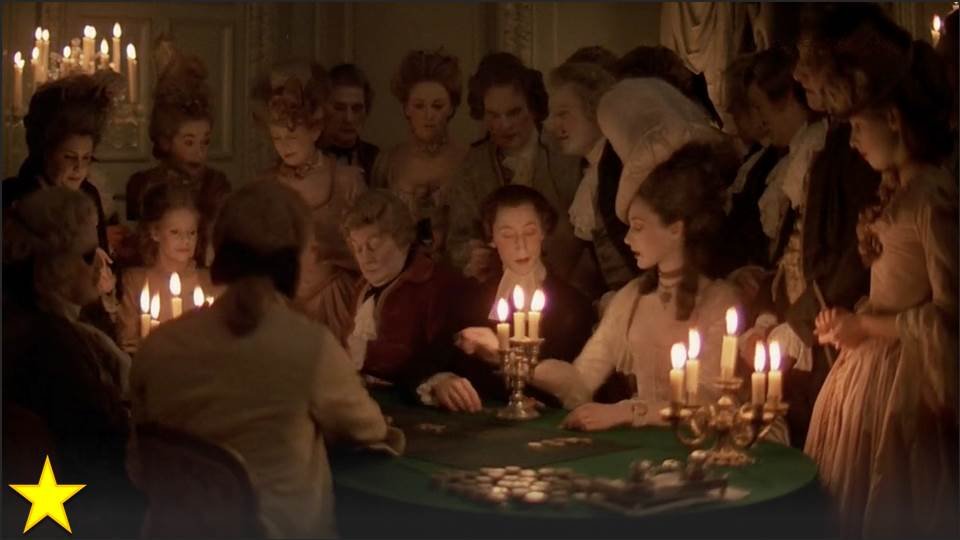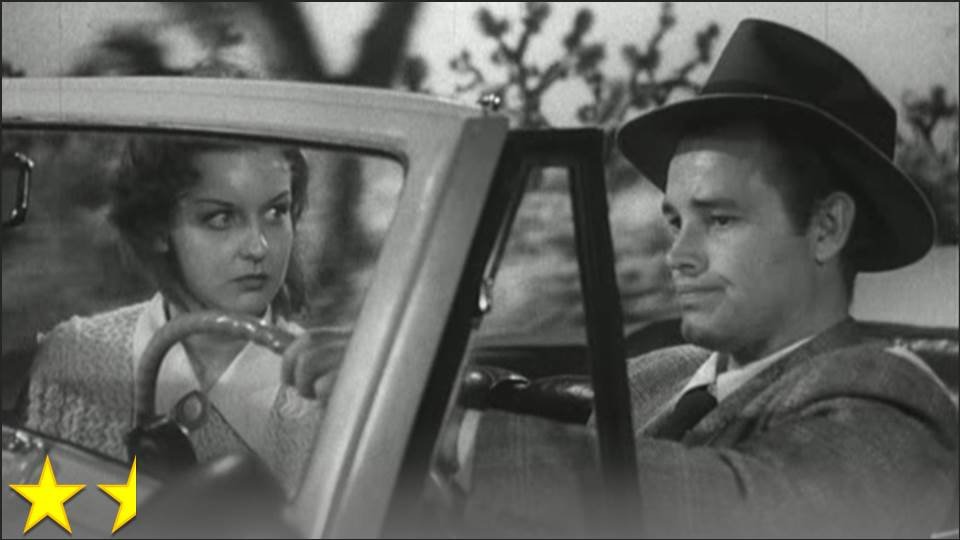SPOILER ALERT
Anyone familiar with my “Upon Further Consideration…” series knows from the categorization of this article that I have already seen Singin’ in the Rain in the past. I think this most recent viewing was my third or fourth one, and I enjoyed each and every previous viewing. I’ve considered the film to be not only a must-see classic, but also one of my favorite films for many years, although in recent years I started to wonder how much of that might me my memory’s exaggeration based on my fondness for the classic musicals I watched with my family as a child. I remembered that some parts of the movie felt slow or irrelevant, like the scene that presents all of the models in bizarre dresses – which has nothing to do with the story and does not get a laugh. During this viewing, however, I was not only pleasantly surprised to see that my memories had not done the film justice, but also that this film is actually an outstanding work of absolute genius, with stunning talent and unbelievable near-perfection that frequently left me literally gaping.
Technically, this is not a perfect movie, but like most of the greats, its strength is in making the audience not care about its imperfections. The film is loaded with musical numbers that contribute little or nothing to the plot and could have been replaced by just about any other song. Fortunately, these musical numbers are, overall, so impressive and fun and entertaining as spectacles that no one could possibly complain that they interrupt the plot. I don’t even mind the needless number about the fashion too much. Even still, the plot doesn’t hold together perfectly. Towards the end, Lena essentially takes over the studio simply by lying to the press, making the studio head too concerned that their movie will bomb if one of its stars is found to be a phony. At the film’s closing, however, the studio head randomly decides that it’ll be perfectly okay to reveal Lena to be an untalented sham, which he obviously could have done sooner in a more professional manner. The trick that the film pulls here is simply a bit of misdirection – they pull the viewer’s attention to the romantic sub-plot, which has by and large taken over the movie and become the A-plot at this point, so that we do not care what the motives are for giving us the happy ending. I heard from a professor of mine that Terry Gilliam once said filmmakers could cut anything they wanted to from the last fifteen minutes of a film and not even the biggest fans of the movie would care so long as they got their happy ending, and while I’m not sure if the attribution is accurate, the principle is exemplified in Singin’ in the Rain.
There’s also a lot more cleverness to this film than I remembered. Heck, the opening shot of the film is a way of doing the credits that I haven’t seen done in any other film, and it’s one of the best beginnings a movie’s ever had. They also take great care in the film’s first act to save the reveal of Lena’s voice for just the right moment, which is all handled very “stealthily” in a way, in that they make sure the audience doesn’t suspect the whopper of a gag that the movie has planned with her. Cosmo’s dialogue is superb, and clearly set the tone for all the “comedic sidekick” characters to come. There are a few elements of the film that seem to borrow from, or perhaps pay homage to, Babes in Arms – particularly the scene showing the industry’s sudden transition from silent films to sound films. Parts of the movie are significantly more over-the-top and theatrical than I remembered, but the theatricality is at its peak during the “Broadway Melody” number, which just might be the most gorgeous scene in all of cinema – it’s sort of like expressionism on steroids. It all comes together to make for a delightful experience that no one should miss.





